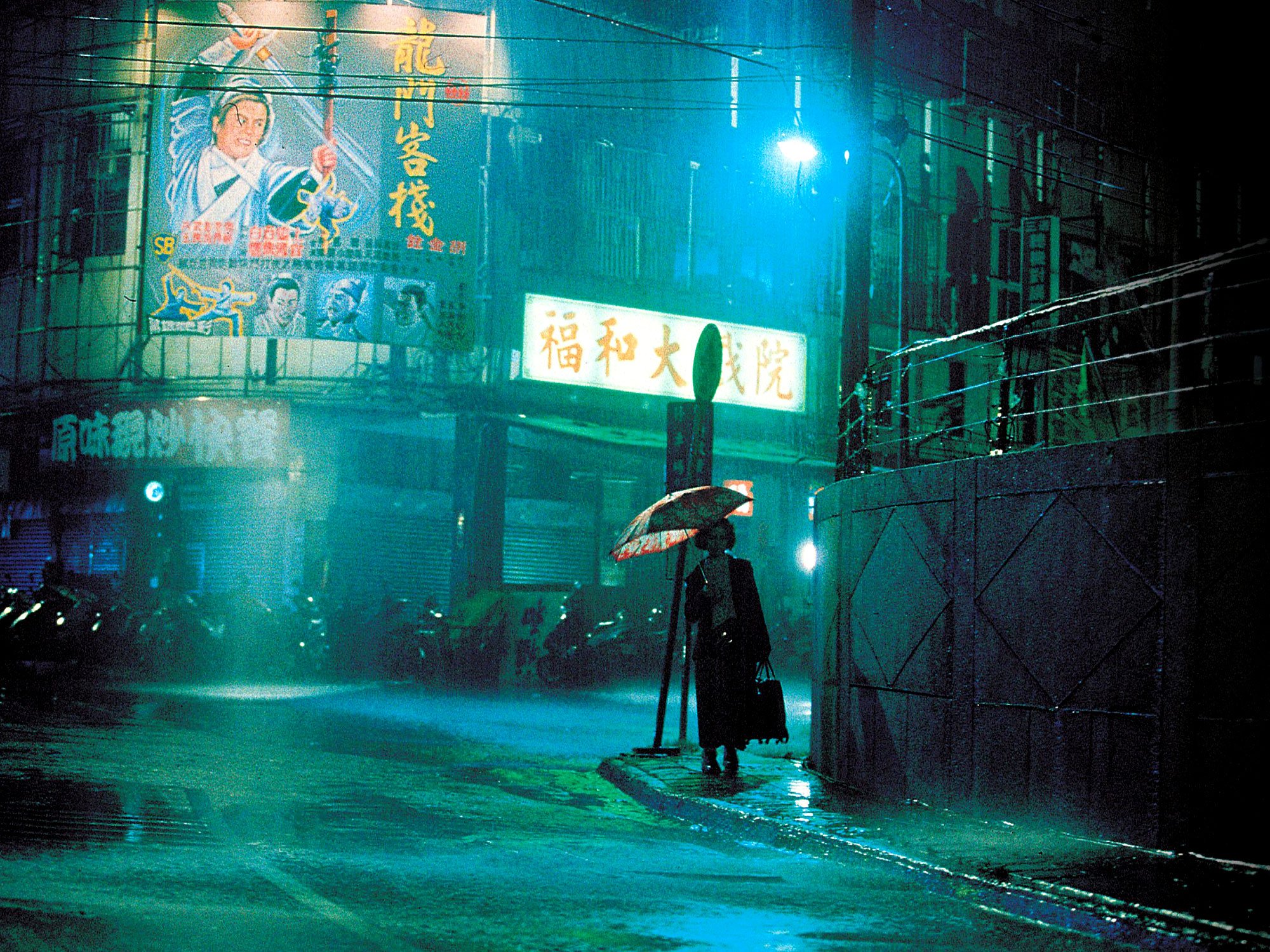Sleepy and Cruisy Queer Cinema
Presentation by Nicholas de Villiers
with a screening of GOODBYE, DRAGON INN
110min
Tickets
Taiwan-based filmmaker Tsai Ming-liang’s It’s a Dream (2007), his 3-minute contribution to the Cannes 60th anniversary compilation Chacun son cinéma, contains in nucleo his understanding of cinema as a dream-like state and his reflection on the cinema as a space so saturated with memory and cruisy queer desire that it can feel disorienting. This presentation illustrates how It’s a Dream condenses many of the central themes and motifs of Tsai’s entire body of work: melancholy, nostalgia, family intimacy, cruising, dreaming, and both temporal and spatial disorientation. The film harks back both to his own past experiences watching films in Malaysia with his maternal grandmother, and to the past of Chinese-language cinemas, especially the musicals and martial arts genre pictures Tsai pays homage to, queerly, in several of his films.
Tsai’s short film invokes a set of affects and their interrelations: feeling cruisy, feeling sleepy, and feeling melancholy. The emotional landscape of Tsai’s body of work thus suggests new ways of understanding the way space and sexuality affect one another. Tsai has also revised and extended It’s a Dream in “expanded cinema” installations using chairs from the movie theater in Malaysia—a move to the museum also seen in Stray Dogs at the Museum, Tsai’s “sleepover” at an art museum.
Tsai’s reflexive approach to “metacinema”—films about filmmaking and film viewing—is also at the heart of his feature film Goodbye, Dragon Inn (2003), a melancholy ode to a cruisy old Taipei movie theater at its last screening of King Hu’s swordsman picture Dragon Inn (1967). This presentation will provide some background on Tsai’s homage, the “haunted” movie theater location, and a renewed sense of longing for this cruisy cinema space, by way of introduction before the screening of a beautiful new 4K restoration of Goodbye, Dragon Inn.
Presenter Bio: Nicholas de Villiers is professor of English and film at the University of North Florida. He is the author of Opacity and the Closet: Queer Tactics in Foucault, Barthes, and Warhol (2012), Sexography: Sex Work in Documentary (2017), and Cruisy, Sleepy, Melancholy: Sexual Disorientation in the Films of Tsai Ming-liang (forthcoming Fall 2022) all from the University of Minnesota Press
Goodbye, Dragon Inn
Dir Tsai Min-liang
82min
